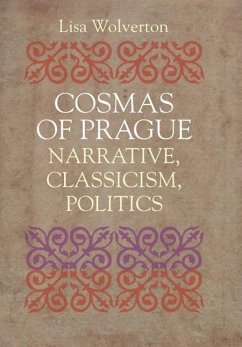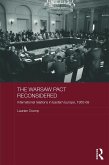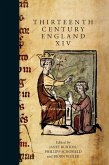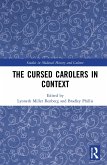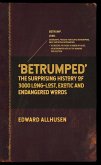Cosmas of Prague: Narrative, Classicism, Politics models new ways to study medieval historical writing. It analyzes the oldest history of a Slavic people written by a Slav, the Chronicle of the Czechs by Cosmas of Prague. Some scholars read Cosmas as a mere annalist, others as a fanciful narrator only partially reliable as a source of historical data, and still others as a panegyrist of the P?emyslid dynasty and an exponent of Czech national identity. However, close reading of his text reveals Cosmas to be a fierce critic of the prevailing political order, indeed of all political orders per se. Rather than apologizing for or pandering to the dukes of Bohemia, Cosmas holds before them and their magnates a harsh mirror in which their deplorable deeds are exposed; yet by this very act he exhorts them to change, and thus to work for the broader benefit of the community instead of for petty, personal gain. Recovering this vision of contemporary Czech society requires doing justice to Cosmass craftsmanship: it means holding his text up to a prism, rotating and continually re-reading his vibrant prose through a series of different facesgender, narrative, mythmaking, classicism, territory, power. The result is the first work to treat Cosmass text on its own terms. It finds that the wisdom of the ancient past proved directly and immediately relevant to the politics of the medieval present.
